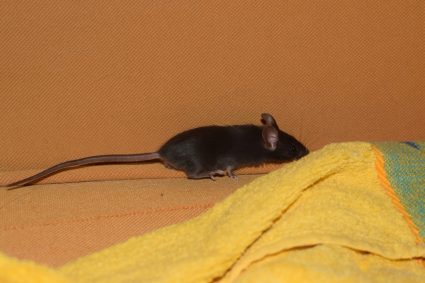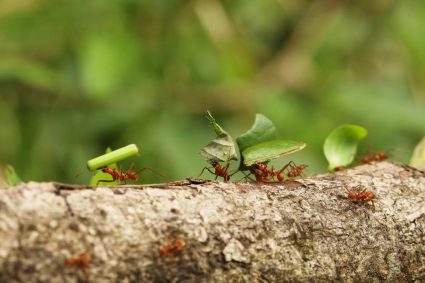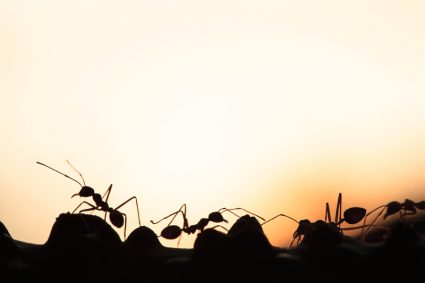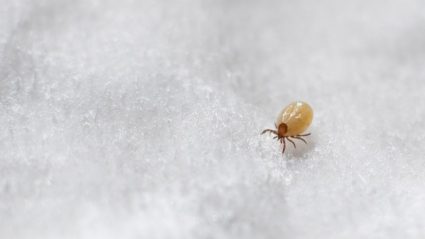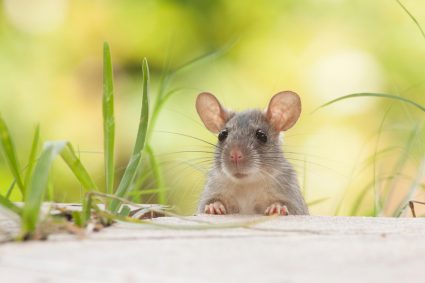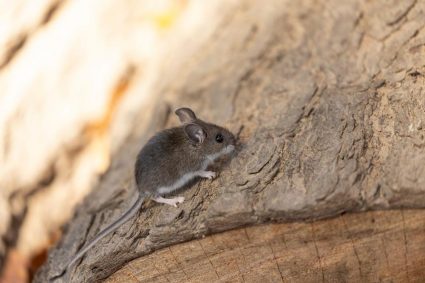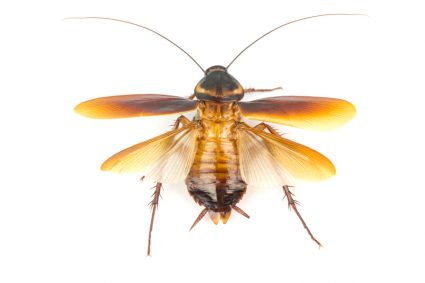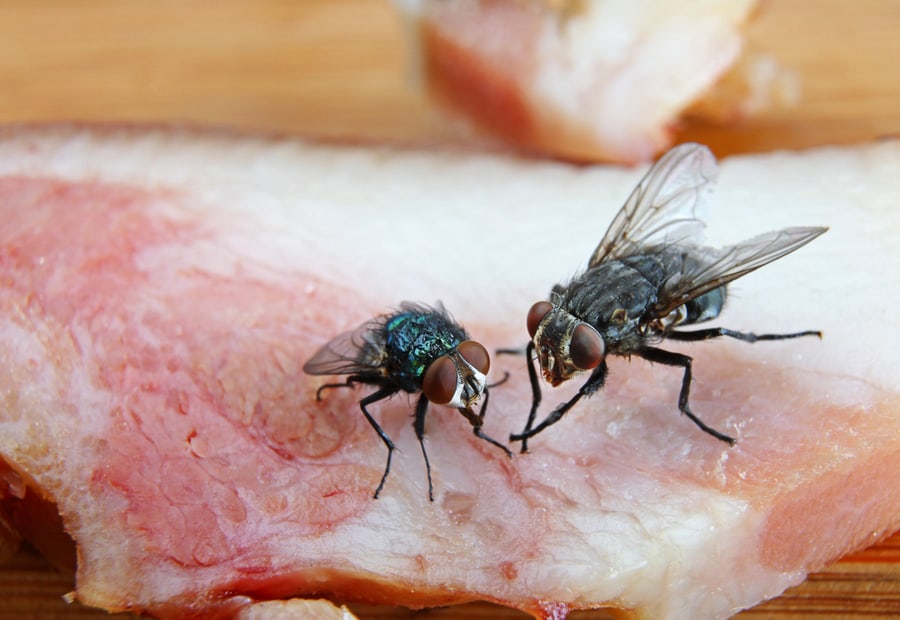
When you finally sit down with your plate of food on the dinner table, the most irritating thing is to have a fly come out of nowhere and sit on it.
A ringing doorbell comes second. But the fact remains, nothing irritates you more than a pesky fly hindering you from savoring your favorite food.
Furthermore, if you have spotted one fly, chances are it was the first of many that will gradually follow.
About 120,000 known species of flies have been discovered by science. Meanwhile, the discovery of new species is still in progress.
That said, if you have been tormented enough by them and would like to know the most effective ways to keep them off, read on.
We will discuss in detail what flies hate and how to keep them away from your space.
Flies can be very irritating as they are not picky about where and what they are landing on.
Whether you are near the stove or in the middle of a concentration-sensitive task, they can land right on you.
Luckily, there are several things flies hate. They will avoid spaces that have these things. That means you can have a fly-free area.
This article will delve into the following aspects:
- Flies strongly dislike certain scents, such as peppermint, eucalyptus, and citronella.
- They do not like yellow and green colors.
- Some species of flies find certain textures to be unappealing. They will avoid landing on surfaces that are sticky or have a pattern of bumps or ridges.
Read the complete article if you want to know more about them.
Whether you are looking for natural ways to keep flies out of your house or are generally curious and want to find out if these pesky intruders hate something, read on to learn about them. This article will explore what flies hate and how you can use this knowledge to your advantage.
3 Sensory Ways To Make Flies Stay Away
Flies can be quite irritatingly persistent when they decide to intrude on your space. Don’t lose hope, several things put off flies.
Let’s break them down sensory-wise and explore each aspect in detail.
House flies defecate quite often. They are not picky about the spot they choose to do it. You must:
- Never leave your food uncovered if you plan to resume eating it.
- Properly seal away snacks and edibles in jars.
- Cover the fruits and vegetables with lace or net if you plan to consume them with peel.
1. Smells/Odors Most Hated by Flies
Flies have a highly developed sense of smell that they use to locate food and mates.
They have one pair of antennae on their head. They use their antennae to detect vibrations, movements, and odors.
Flies have a very large number of olfactory receptor neurons when compared to other insects and mammals.
These receptors not only allow them to detect a wide array of odors but also with quite an intensity.
Because of this sensitivity to detect smell, flies strongly dislike certain scents and avoid areas that have them lingering around.
Some of the odors flies hate include:
Peppermint

Peppermint is known to repel a wide range of insects. Flies are no exception to it.
The reason for this is the existence of menthol, which overwhelms their sense of smell and interferes with their ability to locate food and mates.
According to a study conducted by New York State Integrated Pest Management Program, peppermint oil was the most effective deterrent to insects, especially flies and mosquitoes.
Various experiments have consistently shown peppermint to have insecticidal properties.
Eucalyptus

Just like peppermint, eucalyptus oil is a natural repellent for flies.
Its strong scent messes with their ability to accurately track down food and mates, which is vital for their survival.
It also contains insecticidal properties that are quite effective as a fly deterrent.
Citronella
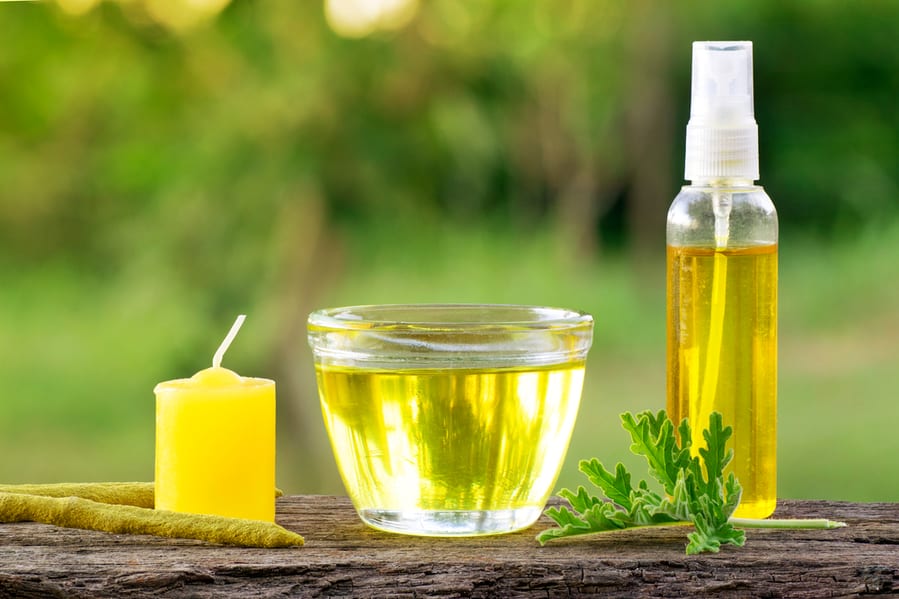
Citronella oil is widely used in sprays, candles, and lotions to effectively ward off mosquitoes and flies.
There is something in the chemical properties of citronella that does not go well with the flies.
They move away from a place that has the lingering aroma of citronella.
2. Colors Most Hated by Flies
After conducting intensive research to find a way to repel flies, the University of Florida declared their research has led to a remarkable discovery that deems color to be the key factor in controlling flies.
Based on this, they devised an innovative fly control called Florida Fly-Baiter.
Yellow

Following the discovery led by the University of Florida, along with other independent researchers, it has been discovered that yellow seems to keep flies away. And there is a logical reason for it.
Although flies are attracted to light, they cannot see yellow as its wavelength is on the edge of the fly’s range of vision.
Bakeries use yellow bulbs in their display, not just to make baked goodies look visibly appealing, but also because yellow light is not visible to flies and helps to keep them off the area.
Green

Even though there isn’t any scientifically proven fact about flies having an absolute aversion to green.
We can use the widely known fact as a basis to understand the behavior and notice why it works.
Flies feed on organic decaying material and overripe fruits.
Although the green color is clearly within their range of vision, it is a color that is rarely associated with their food.
Hence, they have evolved to be least attracted to it.
3. Textures Hated by Flies
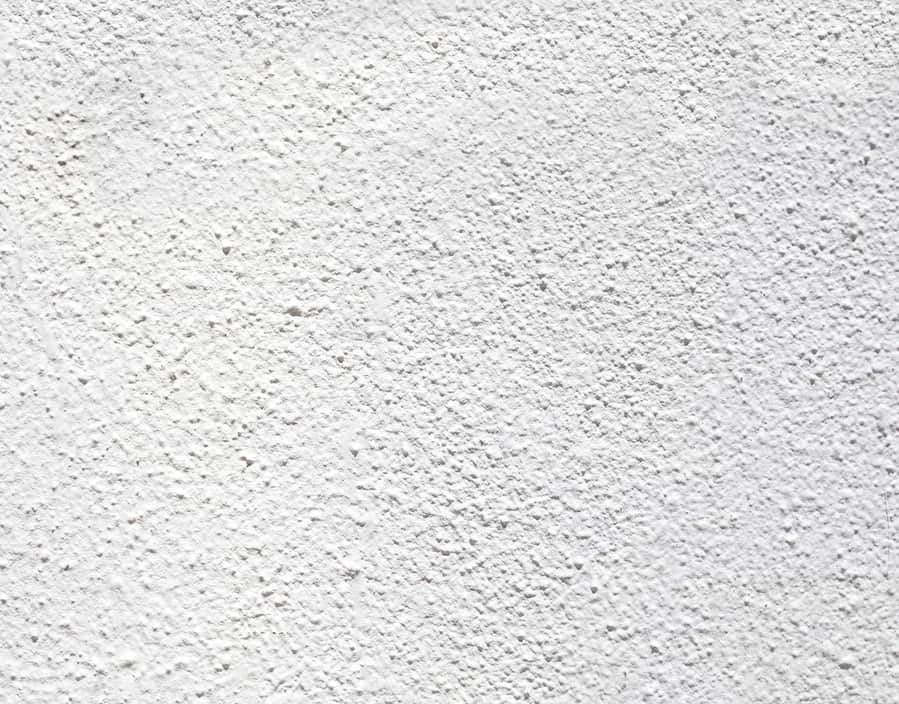
Although the connection between flies and texture is not widely researched, it is proven that flies have sensitive tactile receptors that allow them to sense different textures.
Therefore, they are less likely to land on a sandpaper-textured surface or a sticky one.
There have been some experiments led by researchers who stated that flies avoid certain textures that are bumpy, sticky, or contain ridges, but more concluding research is yet to be done.
A lot of illnesses have been transferred through flies.
They are known to cause food poisoning and spread diseases such as tuberculosis and dysentery.
Hence, their presence in the house cannot be taken casually as they can contaminate the edibles.
Conclusion
You now have a clear understanding that there are actual ways through which flies can be controlled and deterred.
You can use this knowledge to your advantage by using the discussed items to deter flies from your surrounding.
Use particular aromas or essential oils and keep the room scented to prevent flies.
Furthermore, color seems to have a significant contribution in making a place less attractive to them.
You can try incorporating such colors to avoid striking their fancy unknowingly.
Flies are sensitive to certain textured surfaces as well. You can use any combination of the information to see what works best for you.
Remember, flies are generally attracted to food and waste. Keeping the areas clean by forming a habit of periodic cleaning would allow you to keep the site fly-free.
Frequently Asked Questions
Are Flies Important to the World?
Yes, definitely. Flies are an integral part of many ecosystems on earth. They play an active role in the following:
- Pollination
- Decomposition
- Being a food source for other insects and animals
Their presence has both positive and negative effects, but they have a valuable role to play and are important to the world that we live in.
Should I Use Fly Traps To Get Rid of Flies?
Since flies are an essential part of our ecosystem, it is recommended to use methods that help to deter flies instead of eradicating them.
But, in case you do need to resort to drastic measures, then yes, fly traps are a passive method to successfully get rid of flies.
Fly traps may need to be serviced frequently, and they may not be a pretty sight to behold.

